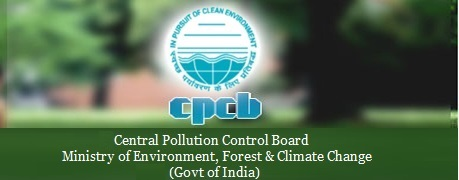Bhubaneswar: The Central Pollution Control Board (CPCB) has requested the State Pollution Control Boards (SPCBs) to appoint a professional chairpersons, a move that is part of a larger, ongoing effort to strengthen environmental governance across India. This initiative is backed by new rules and guidelines that aim to ensure that state pollution boards are led by individuals with strong technical and scientific backgrounds.
The push for professional chairpersons is a response to the critical and complex nature of environmental protection. The SPCB, as the primary authority at the state level, is responsible for:
- Implementing environmental laws and regulations.
- Monitoring pollution levels in water and air.
- Issuing and revoking “consent to operate” for industries.
- Advising the state government on environmental matters.
- Conducting research and organizing training programs related to pollution control.
No Chairpersons were often appointed based on their administrative or political roles, sometimes lacking the specific expertise needed to tackle complex environmental issues. The new guidelines aim to change this by ensuring that the person in charge has the necessary knowledge to make informed, science-based decisions.
While the final rules may vary, a draft of the new guidelines for the appointment of SPCB chairpersons outlines specific qualifications:
- Educational Background: A Master’s degree in a science discipline related to the environment or a Bachelor’s degree in environmental engineering.
- Practical Experience: A minimum of 10-15 years of practical experience in environmental protection, which could include industrial pollution mitigation, water treatment, or air pollution control.
- Administrative Acumen: The individual must also have proven experience in managing institutions that deal with environmental matters.
- Fixed Tenure: The new rules often specify a fixed tenure for the chairperson, typically three years, to ensure stability and reduce political interference.
This move is also in line with the Central Government’s proposal to amend the Water (Prevention and Control of Pollution) Act, 1974. The amendment, known as the Water (Prevention and Control of Pollution) Amendment Bill, 2024, would give the Central Government the authority to prescribe the manner of nomination and the terms and conditions of service for the SPCB chairpersons.
This change would centralize control over the appointment process, ensuring uniformity and adherence to the new, stricter professional standards across all states.


